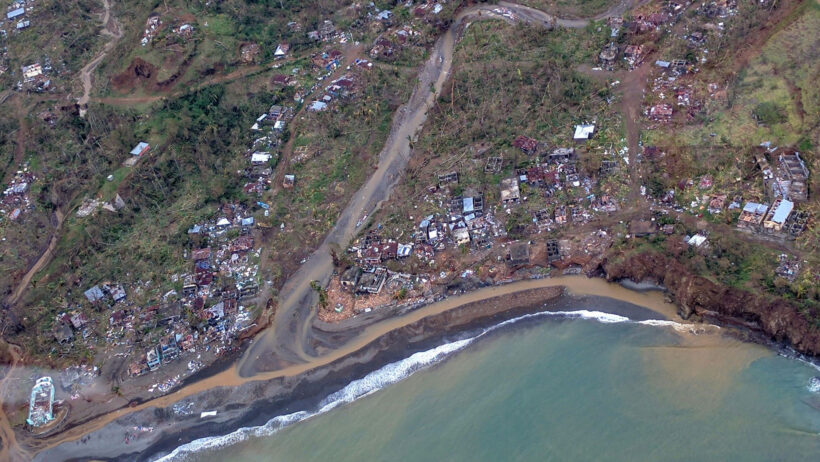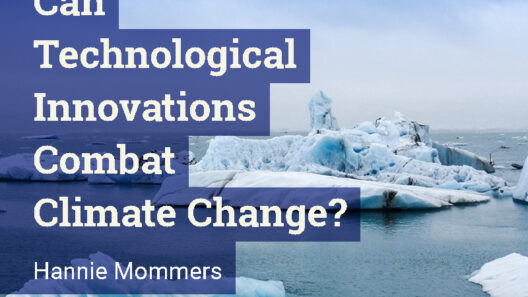The climate crisis represents an unparalleled challenge of our time, entwining humanity’s socio-economic fabric with the precarious state of Earth’s ecosystems. This urgent dilemma is characterized by a range of interrelated phenomena, including rising temperatures, erratic weather patterns, and widespread ecological imbalance. Understanding the climate crisis requires a multifaceted approach that encompasses its causes, implications, and potential solutions.
At the crux of the climate crisis lies the unabated accumulation of greenhouse gases (GHGs) in the atmosphere, primarily stemming from anthropogenic activities. Carbon dioxide (CO2), methane (CH4), and nitrous oxide (N2O) are the most significant contributors to this atmospheric alteration. The principal culprit, CO2, is emitted predominantly from the combustion of fossil fuels for energy, transportation, and industrial processes. Additionally, deforestation exacerbates the situation by reducing the planet’s capacity to sequester carbon, while agricultural practices release significant amounts of methane and nitrous oxide, thereby intensifying the greenhouse effect.
The ramifications of climate change are profound and pervasive. As average global temperatures rise, glaciers and ice sheets are melting at an alarming rate, leading to rising sea levels that threaten coastal communities and ecosystems. Simultaneously, more frequent and severe weather events, such as hurricanes, droughts, and floods, strain infrastructure, disrupt food supplies, and endanger lives. Furthermore, these phenomena amplify issues of food security and access to clean water, particularly in vulnerable regions already grappling with socio-economic challenges.
Another significant aspect of the climate crisis concerns its impact on biodiversity. As habitats undergo transformation due to climate-related factors, species face existential threats. Some will adapt, others will migrate, but many will face extinction as ecosystems become increasingly inhospitable. This loss of biodiversity can destabilize ecosystems and diminish their resilience, further exacerbating the challenges posed by climate change.
One may generally encounter discussions of the climate crisis through various lenses, each illuminating unique facets of this complex issue. Policy analysis often addresses the legislative and regulatory frameworks necessary to mitigate climate change. This includes international agreements like the Paris Accord, which seeks to unify global efforts to limit temperature increases to well below 2 degrees Celsius above pre-industrial levels. However, the effectiveness of such agreements is often compromised by national interests and economic considerations, raising questions about the political will required for substantial change.
Scientific research forms the backbone of climate crisis discourse. This body of work encompasses climate modeling, carbon accounting, and ecological studies that elucidate the various dimensions of climate change. For instance, predictive models enable scientists to forecast potential future scenarios, allowing policymakers to base their strategies on empirical evidence. As such, scientific understanding is paramount to developing effective mitigation and adaptation measures.
Another essential viewpoint arises from grassroots activism, advocating for both immediate and systemic change. Grassroots movements encourage communities to adopt sustainable practices and demand accountability from corporations and governments. Activists articulate the moral dimensions of climate justice, highlighting how marginalized communities disproportionately bear the brunt of climate-related consequences. The intersectionality of climate action with social equity is increasingly recognized as pivotal in pursuit of a just and sustainable future.
Public awareness plays a crucial role in addressing the climate crisis. Information campaigns, documentaries, and social media discussions serve to educate individuals about their carbon footprints and promote sustainable lifestyle choices. The notion of individual responsibility, while sometimes criticized as inadequate for addressing systemic issues, can empower people to participate in collective action, encouraging shifts toward renewable energy sources, conservation efforts, and sustainable consumption.
Business and economic perspectives further enrich the climate crisis narrative. The transition to a low-carbon economy not only poses challenges but also offers opportunities for innovation. Companies across various sectors are exploring sustainable practices, investing in green technologies, and reassessing supply chains to mitigate environmental impacts. The burgeoning field of green finance seeks to redirect capital toward sustainable initiatives, illustrating the economic viability of transitioning from fossil fuels to renewable energy sources.
Amid these diverse lenses, it is essential to underscore the urgent need for comprehensive solutions. Mitigation strategies must be paired with adaptation measures, particularly in regions vulnerable to climate impacts. This involves enhancing infrastructure resilience, restoring ecosystems, and developing drought-resistant crops, among other initiatives. An integrated approach, addressing both mitigation and adaptation, will be indispensable in combating the multifarious effects of climate change.
Moreover, this global crisis demands a transnational response. Climate change knows no borders; thus, international collaboration is essential. Sharing technologies, best practices, and financial resources can empower nations to implement effective climate action strategies. Programs supporting sustainable development in low-income countries are especially critical as these regions often lack the resources to cope with climate-induced challenges.
In conclusion, the climate crisis is not merely an environmental issue; it encapsulates economic, social, and political dimensions that necessitate a comprehensive, coordinated, and sustained response. Understanding the intricacies of the climate crisis can empower individuals, communities, and governments to take informed actions. Whether through policy reforms, scientific research, activism, or corporate responsibility, the path forward requires unwavering commitment to not only address the immediate threats posed by climate change but to ensure a habitable planet for future generations.






